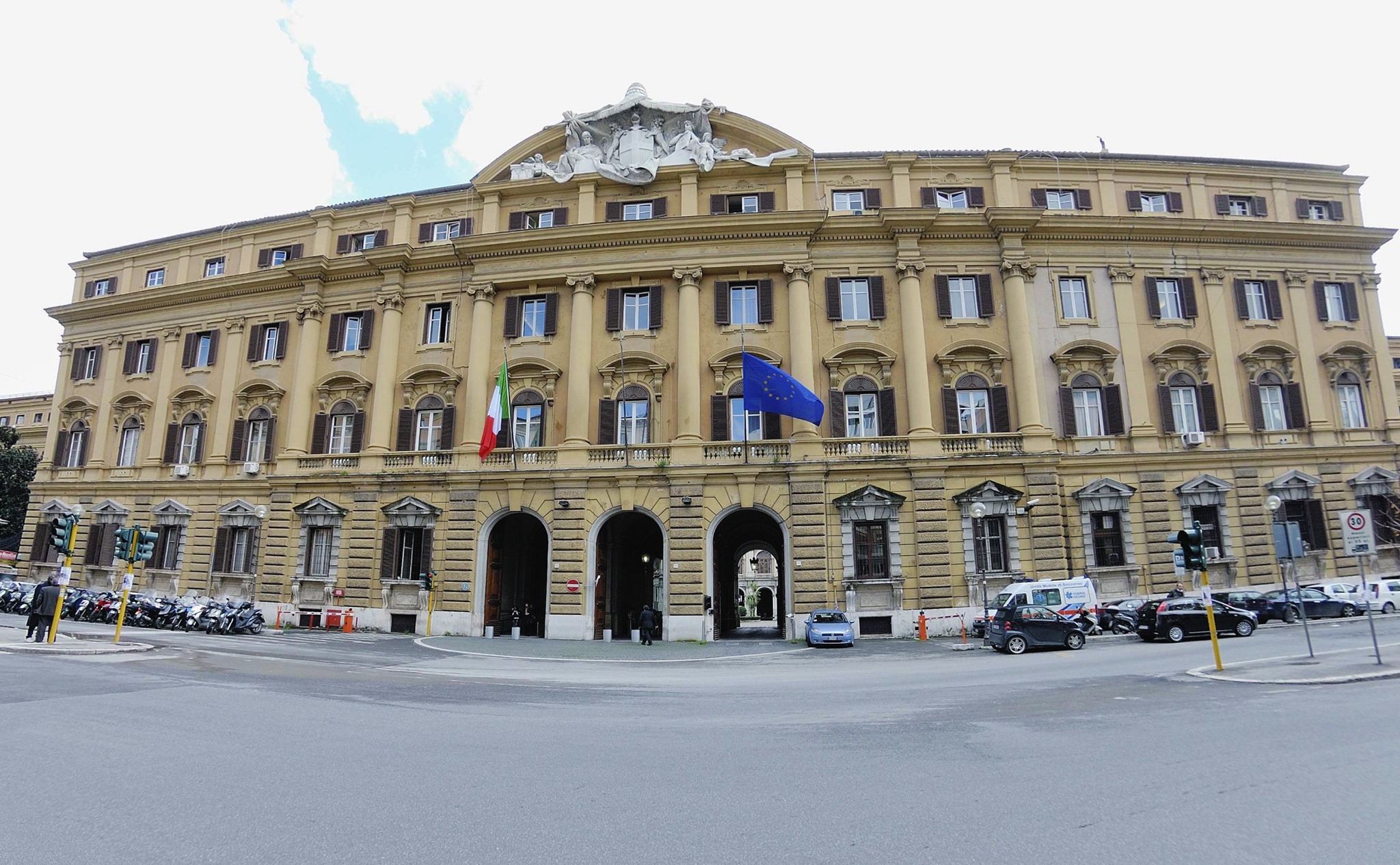What will change in Italy for cryptocurrencies after the MEF decree?

The decree of the Ministry of Economy on cryptocurrencies commented on by economists and experts in the sector
"The Ministry of Economy has only now realized that bitcoins exist". There are numerous comments of this kind that the operators of the sector entrust to social networks in the last hours. The reference, but it would be better to say 'target', is the MEF decree on cryptocurrencies. Definitely a late intervention, which aims both to try to regulate the Far West of crypto, and above all to recover revenue and limit money laundering. Will he succeed?
IS A NATIONAL DECREE ON CRYPTOCURRENCIES USING SOMETHING?
Doubts are not lacking: "we need a global solution, which defines the costs of regulation and the benefits for users", underlines Chiara Oldani , professor of economic policy at the University of Tuscia, who then underlines how the Italian standard is much more restrictive of that in force in Europe and risks “being substantially ineffective, precisely because of regulatory arbitrage”. “The financial market control authorities, led by Consob, have been raising the problem of market protection and stability for some time; cryptocurrencies are traded outside the markets, with transactions between individuals registered on the blockchain and no one protects savers. However, a global solution is needed, which defines the costs of regulation and the benefits for users – wrote the economist – On the occasion of the Italian G20 of 2021 this issue was not even on the technical agenda, the Finance Track, confirming that the fear of losing business far outweighs the need to protect savers on the part of large countries, such as the United States and the European Union, as well as small ones. In world economic and financial policy, history repeats itself. In the 90s and 00s, no financial authority took a clear stance to control the uncontrolled growth of derivative contracts, responsible for crumbling the entire global financial system in 2007 ″.
THE RISK OF DISADVANTAGE THE ITALIAN OPERATOR
For Marcello Bussi , a crypto expert at MF , the decree on cryptocurrencies risks putting Italian operators at a disadvantage. In fact, the novel provides that those who work in the world of cryptocurrencies are assimilated to currency changers and money transfers and must therefore communicate every three months all the operations carried out by each individual customer, whose identification data will be provided: "since more than 90% of The activity of Italian citizens in the crypto sector takes place on foreign platforms, will they register with the Oam or will they risk having their sites in Italy obscured? ”, asks Bussi .
Which also gives an answer: “Given the precedents, we can assume that the largest cryptocurrency exchange in the world, Binance, doesn't care. Other exchanges known to be willing to collaborate with the authorities of different countries could act differently, for example Coinbase, the first to be listed on the Nasdaq. These could give rise to a legal dispute, given that they are registered in an EU country and could challenge the fact of having to do so also in Italy, which, with the entry into force of the decree, applies more restrictive rules than the EU directive " . But the real fear "is that the few Italian operators" will face "an increase in costs in order to fulfill their obligations towards Oam". Without forgetting that “what started out as a sort of census of operators has also become a census of their customers. The Oam register will be accessible to the Guardia di Finanza and other police forces in the event of checks and investigations ".
THE ITALIAN DELAY
"It took the Ministry of Economy and Finance Mef four years to pass a decree on cryptocurrencies", is the jab that Nicola Borzi settles instead from Fatto Quotidiano . Which then describes the decree as “full of flaws and without any indication on the evolution of DeFi technology and decentralized finance, without protection for investors, without connection with European legislation (which is still missing). A decree that does not realize, above all, that trying to regulate such a universe on a national basis is like thinking of emptying the sea with a broken bucket ".
“In four years – he underlines – the blockchain world has made gigantic leaps forward. New forms and new realities have arisen, starting with the Decentralized Autonomous Organizations (DAO), NFTs have emerged (25 billion dollars the values sold in 2021), the problems relating to non-traceable cryptocurrencies by definition (Monero) have multiplied, the role of bitcoin and stablecoins has become a driving force for mass financial products such as synthetic replication ETFs, there are gigantic problems on anti-money laundering… ". All aspects that escape the radar of the Italian legislator, who has put in place an already outdated legislation.
This is a machine translation from Italian language of a post published on Start Magazine at the URL https://www.startmag.it/economia/cosa-cambiera-in-italia-per-le-criptovalute-dopo-il-decreto-del-mef/ on Sun, 13 Feb 2022 06:15:51 +0000.
